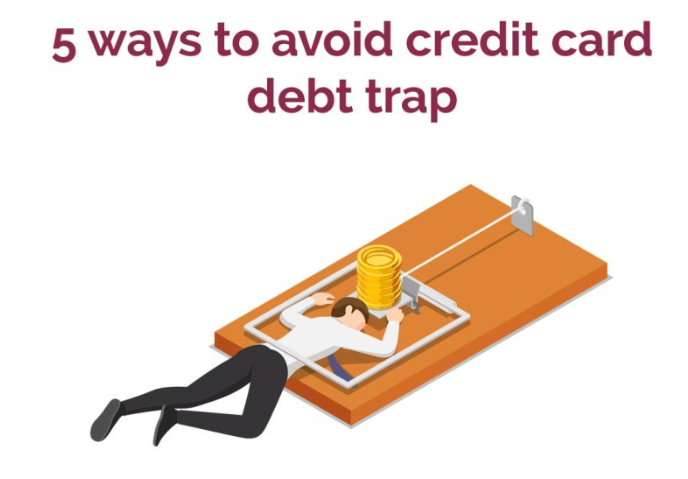How to Avoid Credit Card Debt Traps
Credit cards can be a powerful financial tool, offering convenience, rewards, and the ability to build credit. However, they can also become a financial burden if not used responsibly. Many people fall into common credit card debt traps that can lead to high-interest payments and long-term financial struggles. Here’s how you can avoid credit card debt and maintain financial health.
1. Understand Interest Rates and Fees
Before applying for a credit card, familiarize yourself with the interest rate (APR) and any associated fees. Some cards come with attractive introductory rates but sky-high interest charges after the promotional period ends. Late fees, balance transfer fees, and annual fees can add up quickly, so read the fine print carefully.
2. Pay Your Balance in Full Each Month
One of the simplest ways to avoid credit card debt is to pay off your balance in full each billing cycle. This ensures that you don’t accumulate interest and can use your credit card without financial repercussions.
3. Avoid the Minimum Payment Trap
Paying only the minimum amount due may keep your account in good standing, but it extends your repayment period and leads to hefty interest charges. Always aim to pay more than the minimum—ideally, the full balance—to avoid getting caught in a cycle of debt.
4. Keep Track of Your Spending
It’s easy to lose track of expenses when using a credit card, leading to overspending. Use budgeting apps or set spending limits to ensure you’re staying within your means.
5. Be Cautious with Cash Advances
Cash advances come with high fees and interest rates that start accruing immediately. Unless absolutely necessary, avoid using your credit card for cash withdrawals.
6. Limit the Number of Credit Cards
Having multiple credit cards can be beneficial for credit utilization and rewards, but too many can make it difficult to manage payments and increase the temptation to overspend. Stick to a manageable number of cards that suit your needs.
7. Beware of Balance Transfers
Balance transfer offers can be tempting, especially with 0% introductory APRs. However, they often come with fees and require disciplined repayment within the promotional period. If you don’t pay off the balance in time, you could face higher interest rates.
8. Set Up Payment Reminders or Auto-Pay
Late payments not only result in fees but can also damage your credit score. To avoid missed payments, set up automatic payments or calendar reminders to ensure you pay on time.
9. Use Credit Responsibly
Treat your credit card like a debit card—only charge what you can afford to pay off in full. If you find yourself relying on credit for everyday expenses, it may be time to reassess your budget.
10. Regularly Check Your Statements and Credit Report
Monitor your credit card statements for errors, fraudulent transactions, and unnecessary charges. Additionally, checking your credit report can help you stay informed about your credit status and address any issues promptly to avoid credit card debt.
Final Thoughts
Credit cards can be valuable tools when used wisely, but they can also lead to financial difficulties if mismanaged. By staying informed, practicing responsible spending habits, and making timely payments, you can avoid common credit card debt traps and maintain financial stability.



